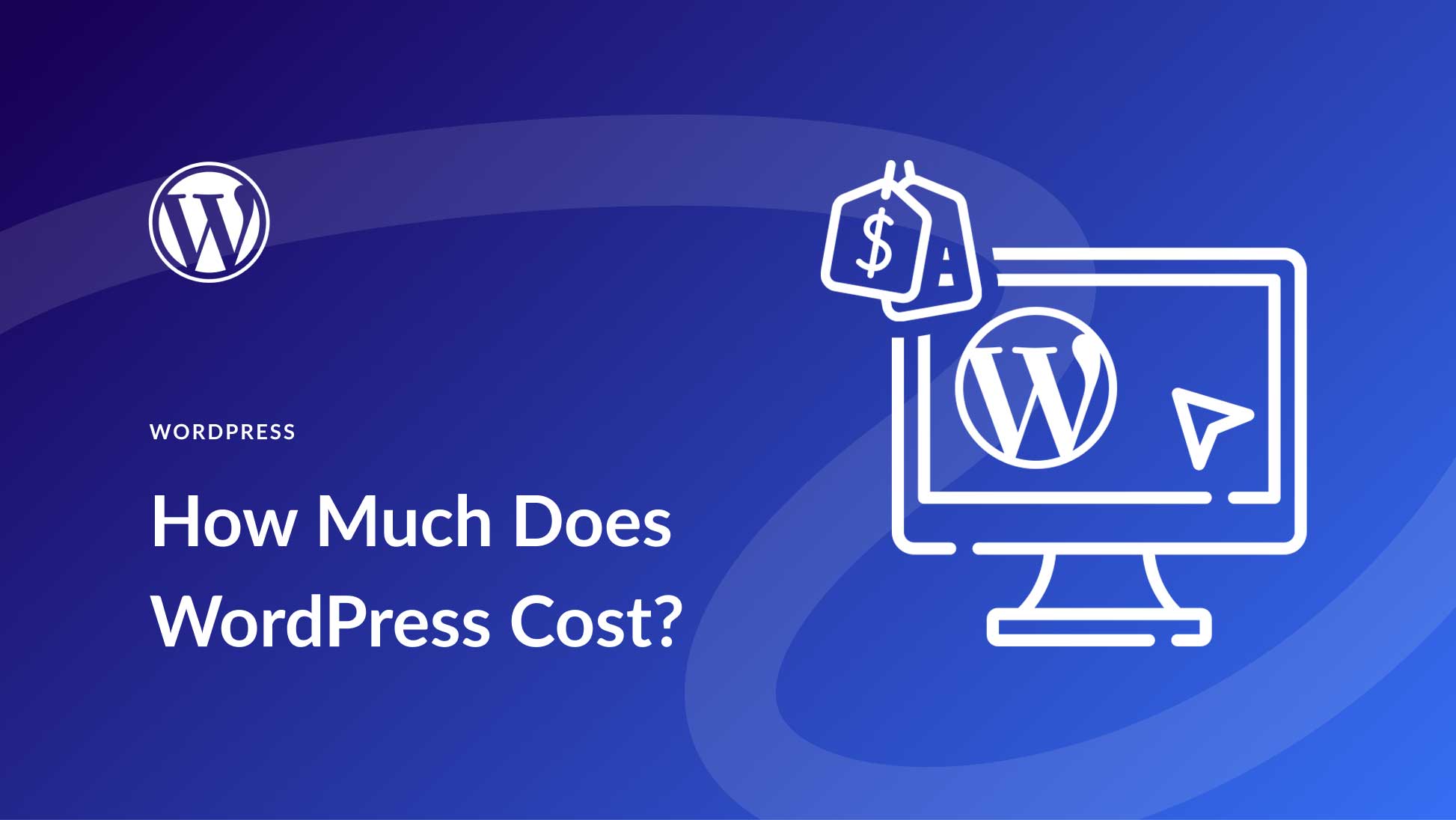
WordPress is a versatile platform that caters to a wide range of users, from beginners to advanced developers. One of the most common questions people have when starting a website is whether to use free WordPress (WordPress.com’s free plan or WordPress.org with free themes/plugins) or invest in paid WordPress (WordPress.com premium plans or WordPress.org with premium tools). Both options have their pros and cons, and the right choice depends on your goals, budget, and technical expertise.
In this guide, we’ll compare free WordPress and paid WordPress to help you decide which option is best for you.
1. Free WordPress: What You Get
Option 1: WordPress.com Free Plan
WordPress.com offers a free plan that’s ideal for beginners or those who want to create a simple website without any upfront costs.
- Features:
- Free WordPress.com subdomain (e.g., yoursite.wordpress.com).
- 1 GB of storage.
- Access to free themes and basic customization options.
- Built-in security and maintenance.
- Ads displayed on your site (you don’t earn revenue from them).
- Pros:
- No cost to get started.
- Easy to set up and use.
- No need to worry about hosting or technical maintenance.
- Cons:
- Limited customization options.
- No access to premium themes or plugins.
- Ads on your site.
- Limited storage and bandwidth.
- Best For: Hobby bloggers, personal projects, or testing the platform.
Option 2: WordPress.org with Free Themes/Plugins
WordPress.org is the self-hosted version of WordPress. While the software is free, you’ll need to pay for hosting and a domain name. However, you can use free themes and plugins to keep costs low.
- Features:
- Full control over your website.
- Access to thousands of free themes and plugins.
- Ability to monetize your site.
- No ads (unless you add them yourself).
- Pros:
- More flexibility and customization options.
- No restrictions on monetization.
- Access to a wide range of free tools.
- Cons:
- Requires technical knowledge for setup and maintenance.
- You’re responsible for security, backups, and updates.
- Free themes and plugins may lack advanced features.
- Best For: Users who want more control and are willing to handle technical aspects.
2. Paid WordPress: What You Get
Option 1: WordPress.com Paid Plans
WordPress.com offers several paid plans that unlock additional features and remove limitations.
- Features (varies by plan):
- Custom domain (e.g., yoursite.com).
- Increased storage (from 6 GB to 200 GB+).
- Removal of WordPress.com ads.
- Access to premium themes and plugins.
- Advanced design customization options.
- Monetization options (e.g., ads, e-commerce).
- Pros:
- More professional and customizable.
- No ads on your site.
- Better support and resources.
- Scalable for growing websites.
- Cons:
- Higher cost (plans start at $4/month).
- Still some limitations compared to WordPress.org.
- Best For: Bloggers, small businesses, and users who want a balance of ease and customization.
Option 2: WordPress.org with Premium Tools
With WordPress.org, you can enhance your website by investing in premium themes, plugins, and hosting.
- Features:
- Full control over your website.
- Access to premium themes and plugins with advanced features.
- Better performance and security with premium hosting.
- No restrictions on monetization.
- Ability to create custom designs and functionality.
- Pros:
- Unlimited customization options.
- Professional and unique design.
- Better performance and scalability.
- No ads (unless you add them yourself).
- Cons:
- Higher upfront and ongoing costs.
- Requires technical knowledge or hiring a developer.
- You’re responsible for maintenance and updates.
- Best For: Businesses, e-commerce sites, and users who need advanced features and scalability.
3. Key Differences: Free vs. Paid WordPress
| Feature | Free WordPress | Paid WordPress |
|---|---|---|
| Cost | Free (or low cost with WordPress.org) | Starts at $4/month (WordPress.com) or higher (WordPress.org with premium tools) |
| Domain | WordPress.com subdomain (e.g., yoursite.wordpress.com) | Custom domain (e.g., yoursite.com) |
| Storage | Limited (1 GB on WordPress.com free plan) | Increased (6 GB to 200 GB+ on WordPress.com) |
| Ads | WordPress.com ads displayed | No ads (unless you add them) |
| Customization | Limited | Advanced |
| Themes & Plugins | Free options only | Access to premium themes and plugins |
| Monetization | Limited or not allowed | Full monetization options |
| Support | Community support | Priority support (on paid plans) |
| Maintenance | Handled by WordPress.com | Your responsibility |
4. Which Option Is Right for You?
Choose Free WordPress If:
- You’re a beginner or just starting out.
- You want to create a simple blog or personal website.
- You have a limited budget and don’t want to spend money upfront.
- You’re okay with a WordPress.com subdomain and ads on your site.
- You don’t need advanced features or customization.
Choose Paid WordPress If:
- You want a professional website with a custom domain.
- You need advanced customization options and premium features.
- You plan to monetize your site through ads, e-commerce, or memberships.
- You want better performance, security, and scalability.
- You’re willing to invest in your website’s growth.
5. Cost Comparison
Free WordPress
- WordPress.com Free Plan: $0 (with limitations).
- WordPress.org: ~$50–$100/year (for hosting and domain, using free themes/plugins).
Paid WordPress
- WordPress.com Paid Plans: $4–$45/month (depending on the plan).
- WordPress.org with Premium Tools: $100–$500+/year (for hosting, domain, premium themes, and plugins).
6. Final Thoughts
Both free and paid WordPress options have their place, and the right choice depends on your needs and goals. If you’re just starting out or working on a personal project, free WordPress is a great way to get online quickly and without cost. However, if you’re serious about building a professional website, growing your audience, or monetizing your site, investing in paid WordPress is worth the expense.
Ultimately, the decision comes down to your budget, technical skills, and long-term plans. Whichever option you choose, WordPress offers the flexibility and tools to create a website that meets your needs.


Leave a Reply